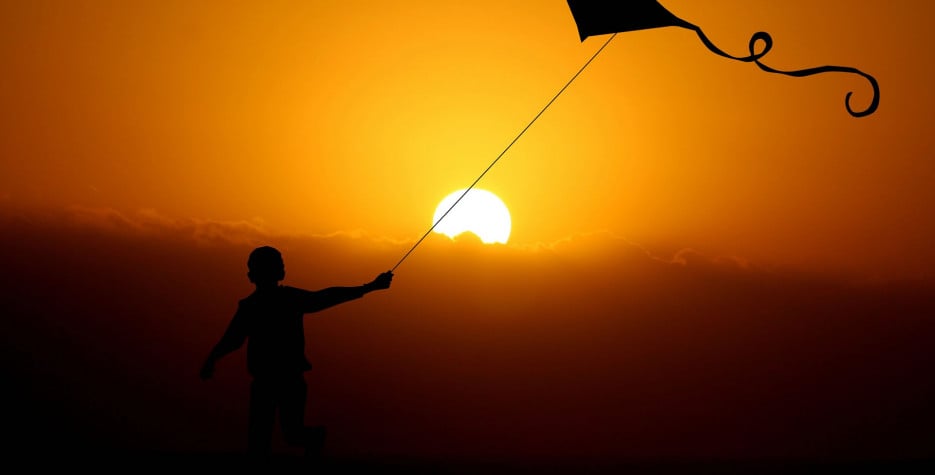Chung Yeung Festival in Macau
It is also a public holiday in Macau and is more commonly known as Chong Yeung. If Chong Yeung falls on a weekend, it may be observed as a public holiday on the following Monday but only for the public sector.
When is Chung Yeung?
On this day, your colleagues in China, Hong Kong, Macau, and Taiwan celebrate the Chung Yeung Festival. Hong Kong and Macau are the only Han Chinese-majority regions to designate Chung Yeung as a public holiday
The festival of Chung Yeung (Chongyang in Mandarin), otherwise known as the Double-Ninth, the Festival of High Places or Autumn Remembrance, has been celebrated on the ninth day of the ninth lunar month for millennia.
Traditions of Chung Yeung
Since the festival falls on the ninth day of the ninth lunar month, it is also known as the Double-Ninth festival. Odd numbers are considered Yang, meaning positive and masculine, according to the ancient Chinese divination text Yi Jing. Nine, being the largest single odd number, is considered the most positive.
In mainland China, the festival is considered a fortunate day that should be celebrated. In Chinese, nine has a similar pronunciation to the Chinese character ‘jiu’, meaning long, so the day has become a symbol of longevity in life. In 1989, the Chinese government designated the festival as Senior’s Day – a day to express love and show respect to the elderly.
The Legend of Chung Yeung
During the Eastern Han dynasty (25–220 AD), Runan county was believed to be under threat from a demonic presence that brought illness and death to villagers. A man named Heng Jing, who was one of the sick, eventually lost his parents to the disease.
According to legend, after recovering, Heng Jing vowed to slay the demon. Bidding his wife and hometown farewell, he went in search of a supernatural master of martial arts to take him as a disciple. Heng eventually found the powerful Fei Changfang, who, moved by the man’s dedication, took him under his wing.
Fei gifted Heng with a demon-vanquishing sword and taught him how to use the weapon. The diligent disciple eventually became a skilled swordsman.
One day, Fei warned Heng of impending danger on the ninth day of the ninth month – when the demon was expected to return. He advised his student to return to his hometown to lead people to safety. Heng was said to have flown on the back of a Manchurian crane, armed with cornelian cherries and chrysanthemum wine.
Upon his return, Heng led his people up a mountain and gave them the wine and each the leaf of a cornelian cherry, which they tied to their arms.
When the clock struck noon, the demon returned but stopped at the foot of the mountain, distracted by the scent of the cherries and wine. At this moment, Heng came charging down and killed the demon with his sword.
The festival commemorates the date of this event and Heng’s exploits.
It is now considered good luck to travel to a high place on the ninth day of the ninth moon. A traditional custom on this day is to fly kites, as it is said that kites can carry bad luck up into the sky. They may also carry some sprigs of an aromatic herb called zhuyu.
Unlike other festivals, there is no particular food for Chung Yeung in Hong Kong. In mainland China, the festival revolves around longevity, so people celebrate the day with auspicious foods, including chrysanthemum-infused liquor – also known as ‘wine of longevity’ – which people drink in hopes of slowing the ageing process. They also eat steamed cakes made from rice flour and sugar, to symbolise moving to a higher status in life.


